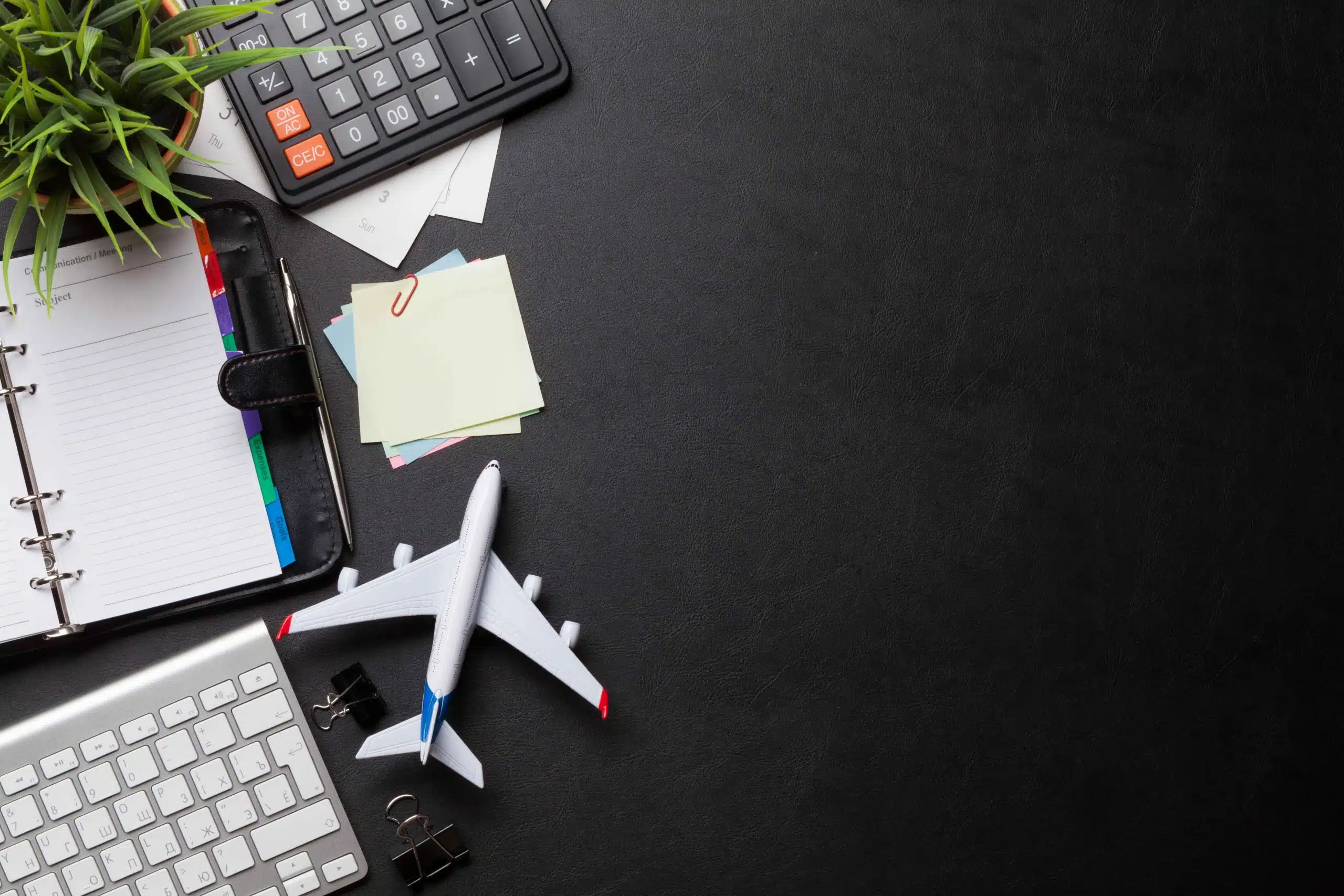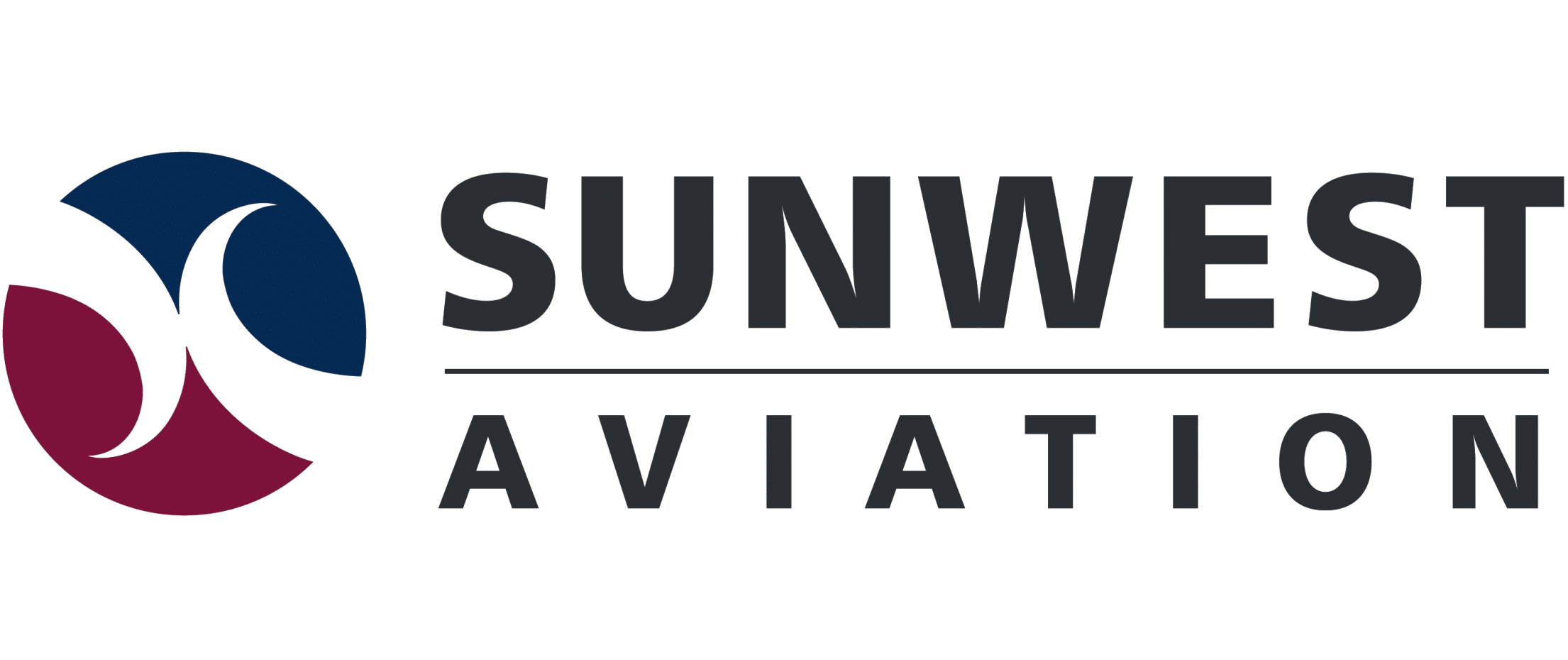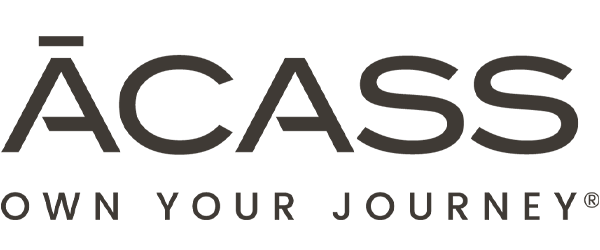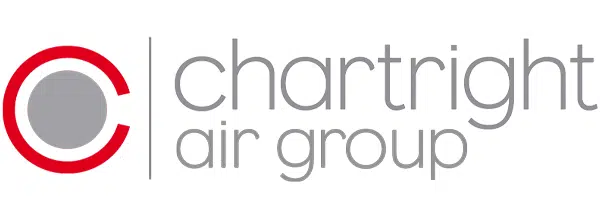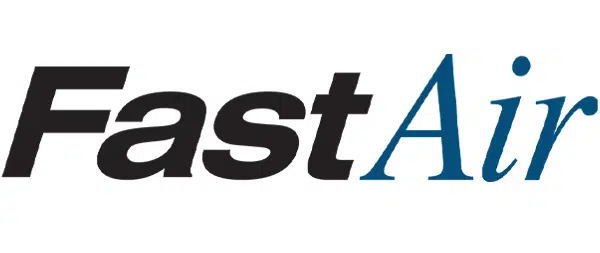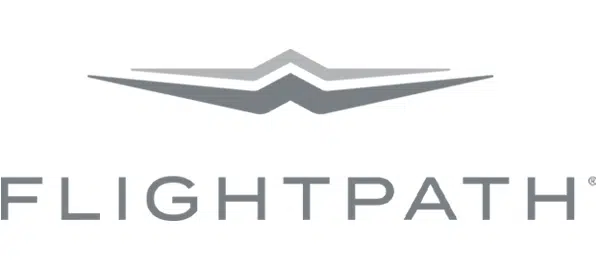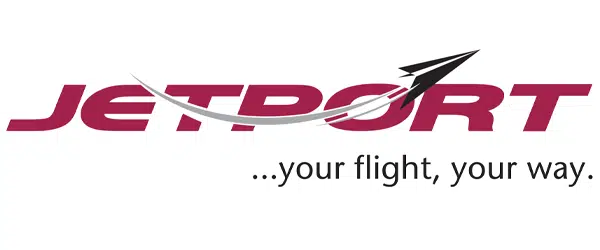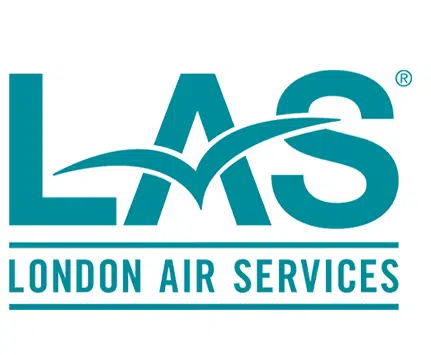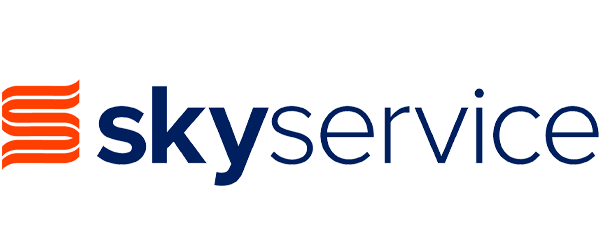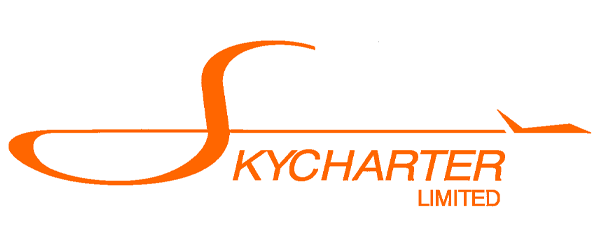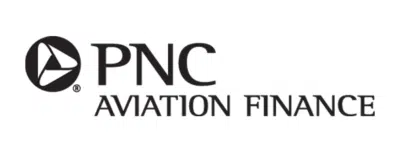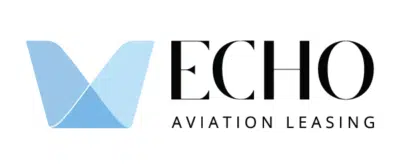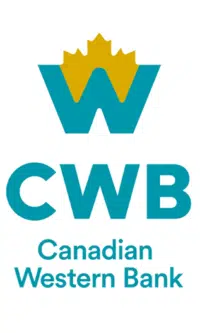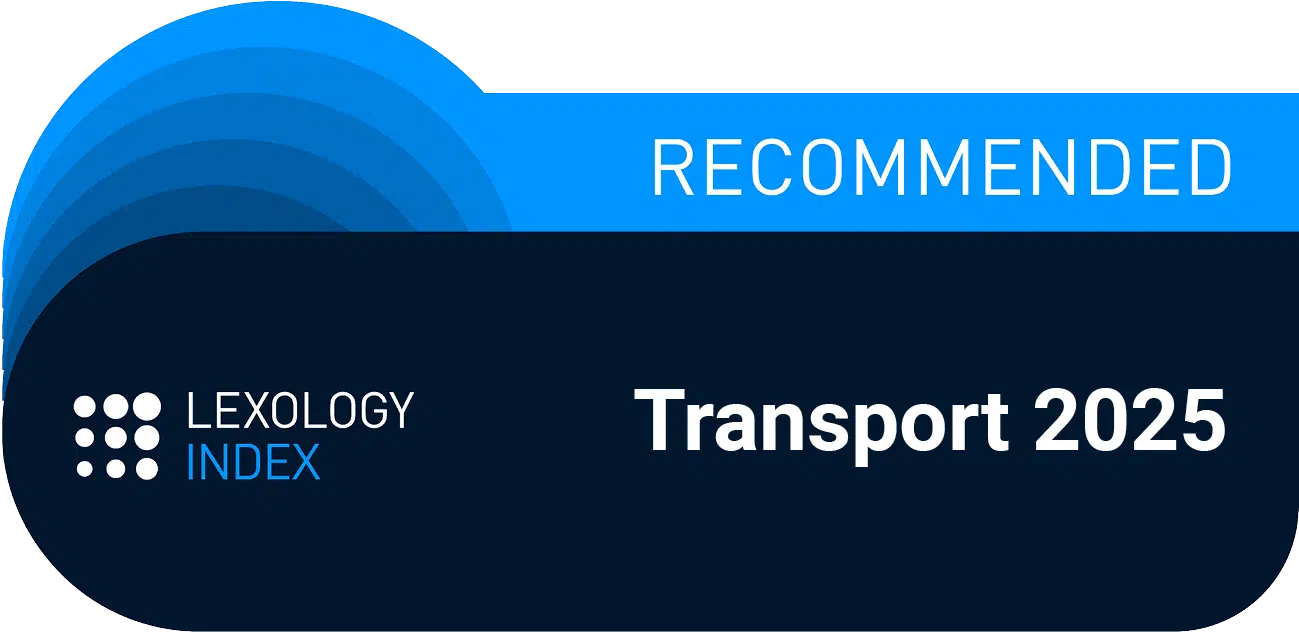
The introduction of Canada’s luxury tax in September, 2022 has added a new layer of complexity to the ownership and acquisition of high-value assets, including aircraft. This tax, which applies to certain luxury goods exceeding specific price thresholds, imposes additional financial obligations on aircraft purchasers and owners. At YYZlaw, we provide expert guidance on navigating the luxury tax, helping clients understand their obligations and explore strategies to minimize the impact of this tax on their aviation investments.
The luxury tax applies to new aircraft manufactured after 2018, with a certified maximum carrying capacity of less than 40 seats, and with a sale price exceeding $100,000 CAD. The tax rate is calculated as the lesser of 10% of the total sale price or 20% of the value exceeding the $100,000 threshold. For high-value aircraft, this can result in a significant tax burden, making it essential to plan carefully for this additional cost.
One of the key considerations in managing the luxury tax is understanding how it applies to different types of transactions. For example, the tax is typically assessed on the purchase of new aircraft, but certain modifications or upgrades to an existing aircraft may also trigger the tax if they significantly increase the aircraft’s value. YYZlaw provides detailed advice on how the luxury tax may apply to your specific situation, including assessing the potential tax liability and exploring options to mitigate it.
In some cases, it may be possible to structure the transaction in a way that reduces the impact of the luxury tax. For instance, purchasing the aircraft through a corporation or trust may offer some tax advantages, depending on the specific circumstances. YYZlaw works with clients to explore these options and develop strategies that align with their overall financial and operational goals.
For clients considering the purchase of an aircraft that will be used for commercial purposes, it is important to understand how the luxury tax interacts with other tax obligations, such as GST/HST and excise taxes. In some cases, the luxury tax may be partially or fully offset by other tax credits or deductions, reducing the overall tax burden. YYZlaw provides comprehensive tax planning services to help clients navigate these complexities and ensure that all available tax benefits are maximized.
In addition to advising on the initial tax implications of the luxury tax, YYZlaw also assists clients with ongoing compliance. This includes ensuring that all necessary tax filings are completed accurately and on time, as well as advising on any changes in the law that may affect the client’s tax obligations. Our goal is to provide our clients with peace of mind, knowing that their tax matters are being handled by experienced professionals who understand the unique challenges of the aviation industry.
For clients involved in international transactions, it is also important to consider the potential cross-border implications of the luxury tax. YYZlaw provides guidance on how the luxury tax may interact with other international tax obligations, ensuring that clients remain compliant with all relevant laws and avoid double taxation or other unintended consequences.
The luxury tax represents a significant consideration for aircraft purchasers and owners in Canada. YYZlaw’s expertise in both aviation law and tax law ensures that our clients receive the advice they need to navigate this complex area of tax law. Whether you are purchasing a new aircraft, upgrading an existing one, or planning for future acquisitions, YYZlaw is here to help you manage your luxury tax obligations effectively and efficiently.

